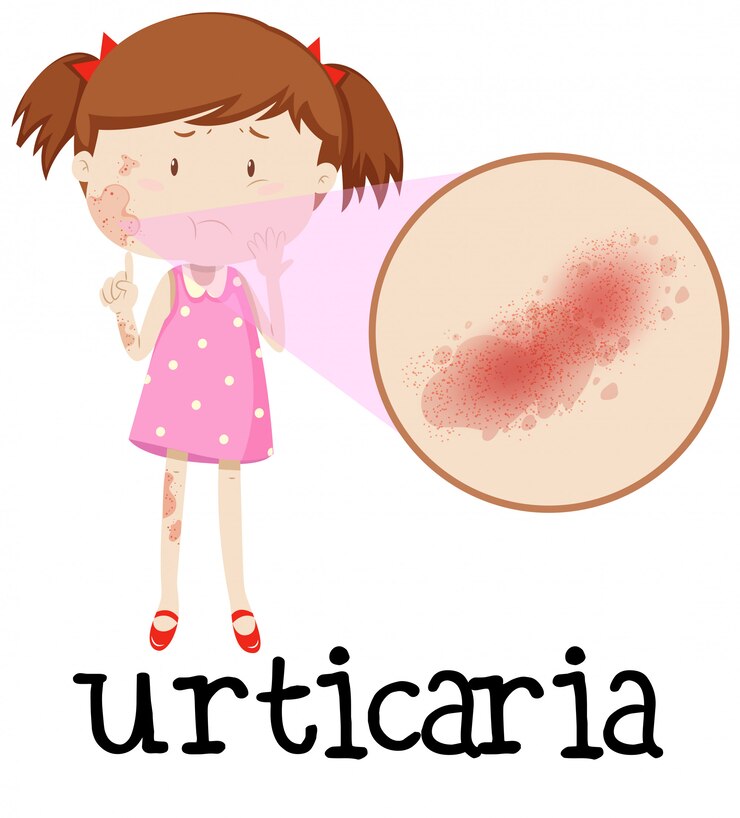
Understanding the Link Between Seborrheic Dermatitis and Dandruff
Dealing with flaky, itchy scalp issues like seborrheic dermatitis and dandruff can be bothersome. But did you know they are closely related? Let’s explore their connection and treatment approaches in simple terms.
Understanding Seborrheic Dermatitis and Dandruff
Seborrheic dermatitis and dandruff share similar symptoms, such as flaky skin and itchiness. Seborrheic dermatitis tends to be more severe, involving inflammation, redness, and greasy patches, while dandruff usually presents as mild flaking without inflammation.
Exploring the Connection
Both conditions are believed to be triggered by an overgrowth of a yeast called Malassezia on the scalp. This yeast feeds on the natural oils produced by the skin, leading to irritation and flaking. Factors like stress, hormonal changes, and certain medical conditions can also contribute to their development.
Treatment Approaches
- Antifungal Shampoos: Over-the-counter shampoos containing ingredients like ketoconazole, selenium sulfide, or zinc pyrithione can help control yeast overgrowth and reduce flaking associated with both seborrheic dermatitis and dandruff.
- Tar-Based Shampoos: Tar-based shampoos can help slow down the production of skin cells on the scalp, reducing flakiness and inflammation. They are particularly effective for treating stubborn dandruff.
- Salicylic Acid Shampoos: Shampoos containing salicylic acid can help remove dead skin cells and reduce scaling on the scalp, making them beneficial for managing both conditions.
- Topical Steroids: In more severe cases of seborrheic dermatitis, your doctor may prescribe topical steroids to reduce inflammation and itching. However, these should be used sparingly and under medical supervision due to potential side effects.
- Natural Remedies: Some people find relief from seborrheic dermatitis and dandruff symptoms with natural remedies like tea tree oil, coconut oil, or aloe vera gel. While these remedies may help alleviate symptoms, more research is needed to confirm their effectiveness.
Conclusion
Seborrheic dermatitis and dandruff may share similar symptoms and triggers, but they require slightly different treatment approaches. By understanding their connection and exploring suitable treatment options, you can effectively manage these scalp conditions and enjoy healthier, flake-free hair.
To seek medical advice, always consult a Doctor. Here are our recommended EXPERTS. Click here
To read more on SKIN. Click Here



